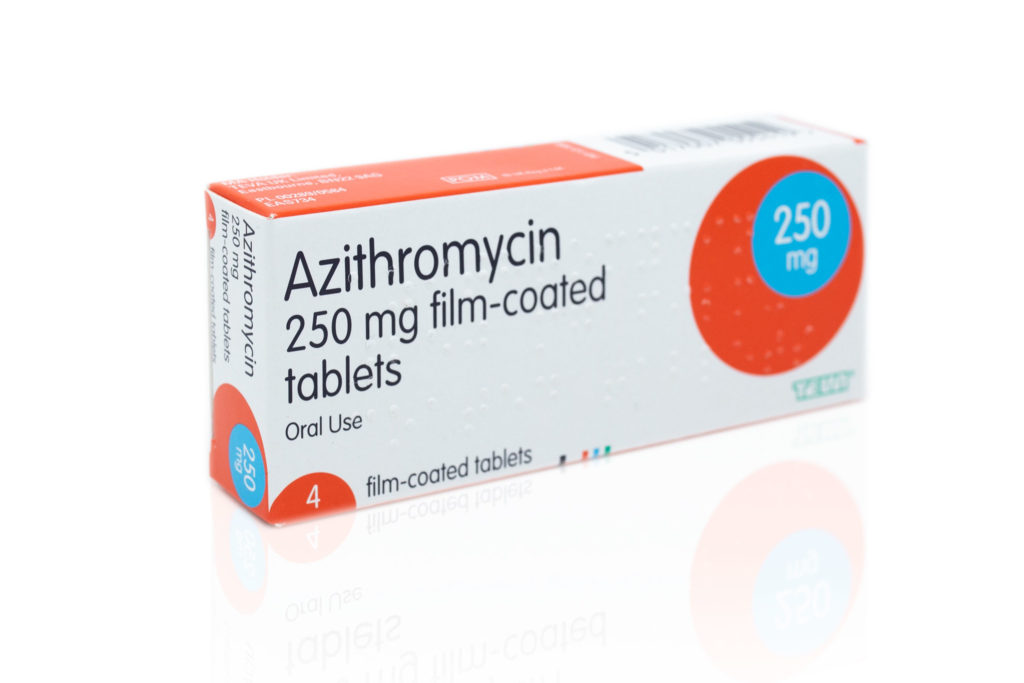A clinical trial to test whether Azithromycin, a commonly used antibiotic, can treat the symptoms of COVID-19 in outpatients has recruited its first patient.

The ATOMIC2 trial, which is being led from Oxford, will enrol 800 people who are being assessed at hospital with COVID-19 but felt well enough to be cared for at home. Half will receive Azithromycin for two weeks, while the rest will get regular care. Participants will also give samples of blood and samples from the nose so researchers can better understand the biology of the virus.
The first participant in the trial was recruited at Oxford’s John Radcliffe Hospital on Wednesday (3 June).
The trial, which has received funding from the NIHR Oxford Biomedical Research Centre (BRC), as well as the University of Oxford and Pfizer, will take place across 15 sites across England, Wales and Scotland. It complements two other national trials – RECOVERY and PRINCIPLE – which are testing Azithromycin in different categories of patients.
The trial’s Chief Investigator is Dr Tim Hinks of the University of Oxford’s Nuffield Department of Medicine and an Oxford BRC Senior Fellow. He said: “Azithromycin is an antibiotic with unusual anti-inflammatory and anti-viral properties, so it is being seen as a promising potential treatment for COVID-19.
“In COVID-19 patients, there is a window of opportunity of about two weeks when the disease progresses from mild symptoms, such as fatigue, fever and cough, to severe respiratory failure.
“Azithromycin is safe, inexpensive and available worldwide, so if effective, it could be a very useful weapon in the fight against this pandemic. And even if we find that the drug is not effective against the symptoms of COVID-19, it is still an important finding,” Dr Hinks explained.
Azithromycin, or AZM, is widely used to tackle a range of infections, such as trachoma, a cause of blindness, genital infections, pneumonias, multidrug resistant tuberculosis and a wide range of inflammatory lung diseases and viruses, and so it is important it is only used where really effective to prevent development of antibiotic resistance.

It also has additional antibacterial properties which may help prevent secondary bacterial infection, present in 16 percent of COVID-19 deaths.
The ATOMIC2 trial runs alongside two other major national clinical trials that are testing Azithromycin: the RECOVERY trial, which is testing drug treatments in patients admitted to hospital, and the PRINCIPLE trial, which is recruiting patients in primary care with mild symptoms.
ATOMIC2 is looking at people with intermediate severity who have been assessed in hospital but then sent home.
“We think this is a key group of people to study as they are at risk of developing a more severe form of the disease, but haven’t yet, so the drug has time to act. As such, this study is complementary to the other two studies,” Dr Hinks said.